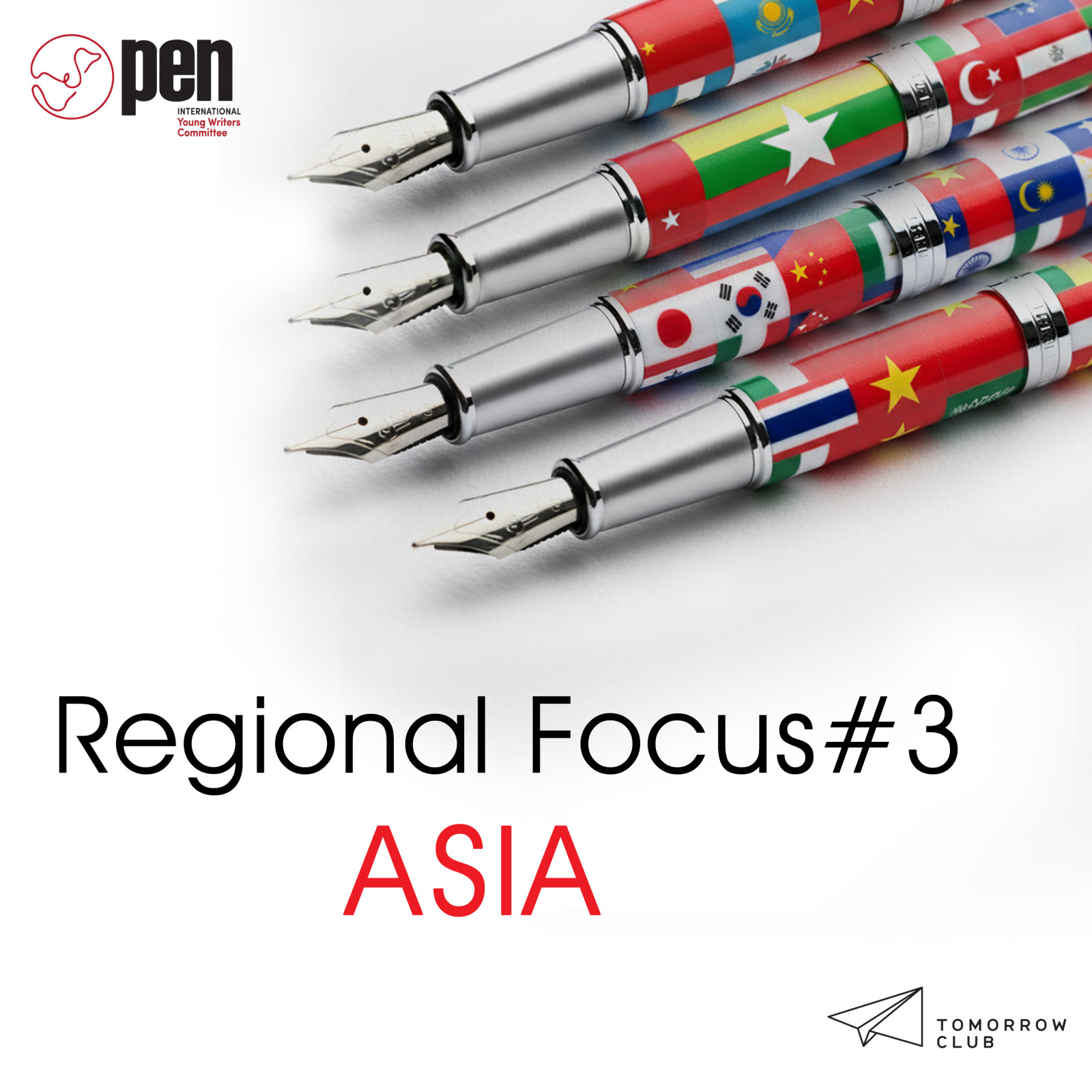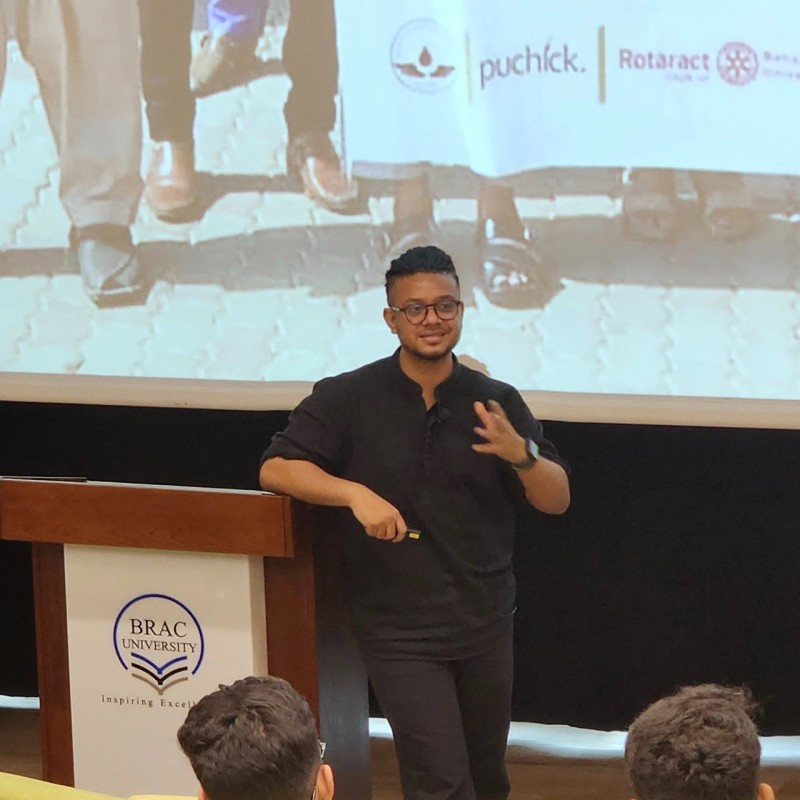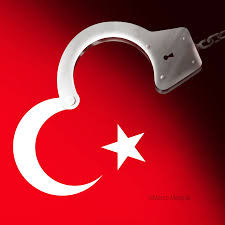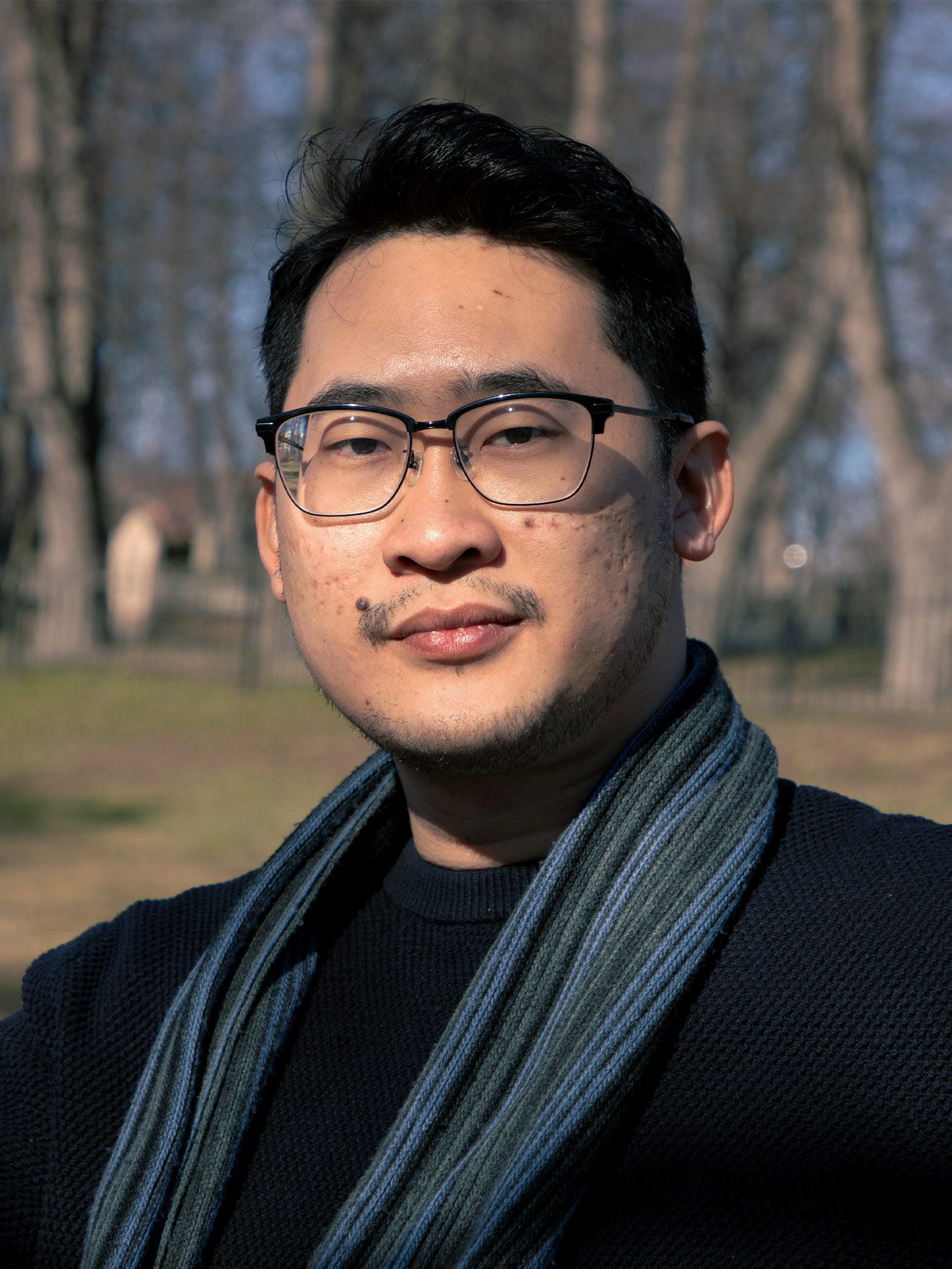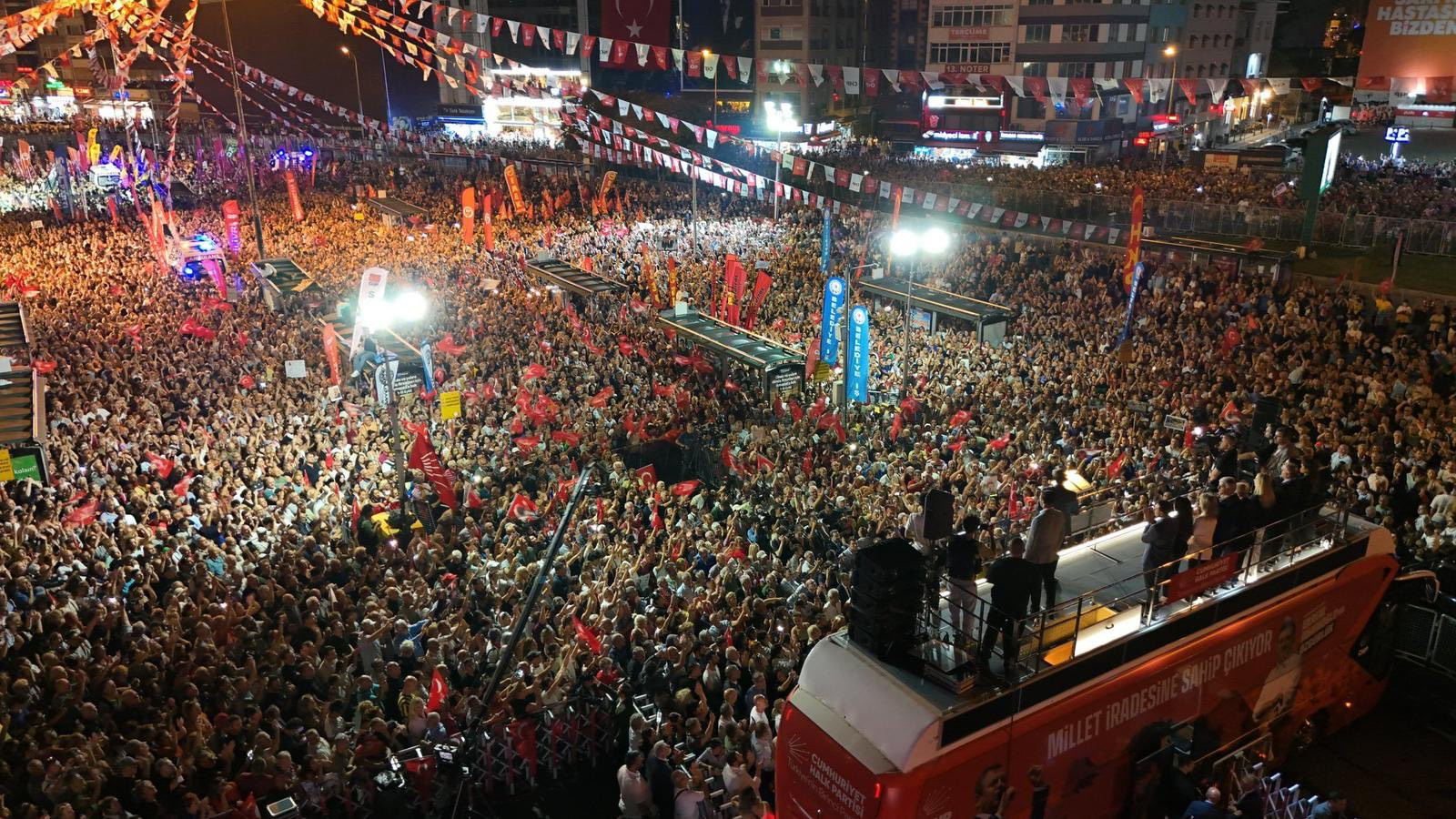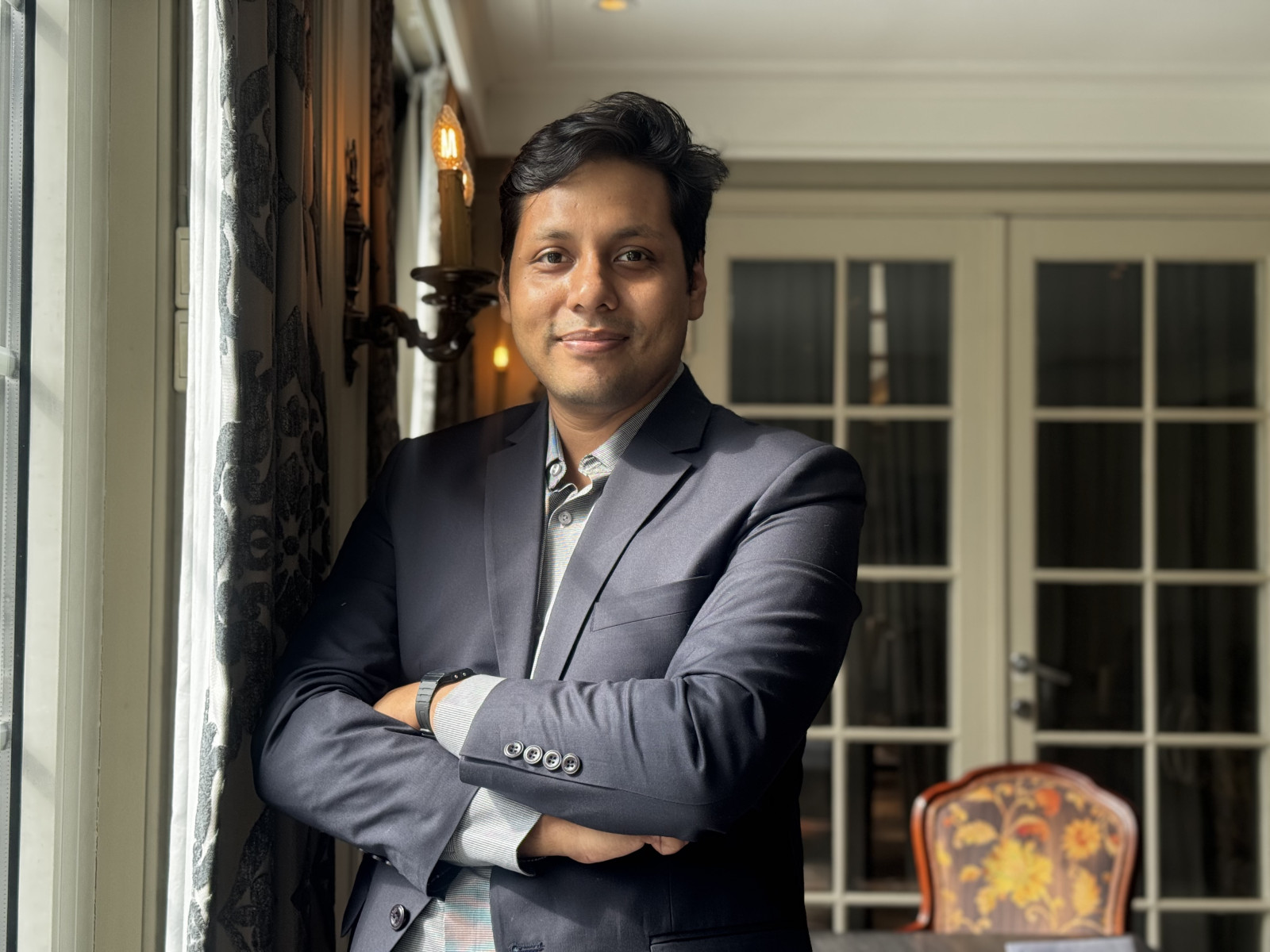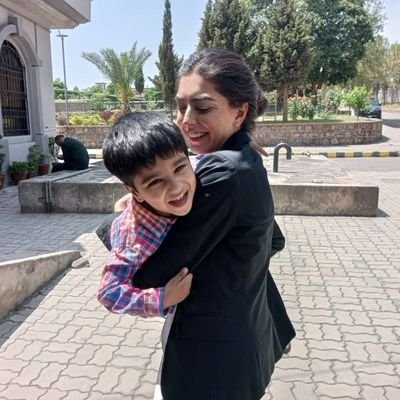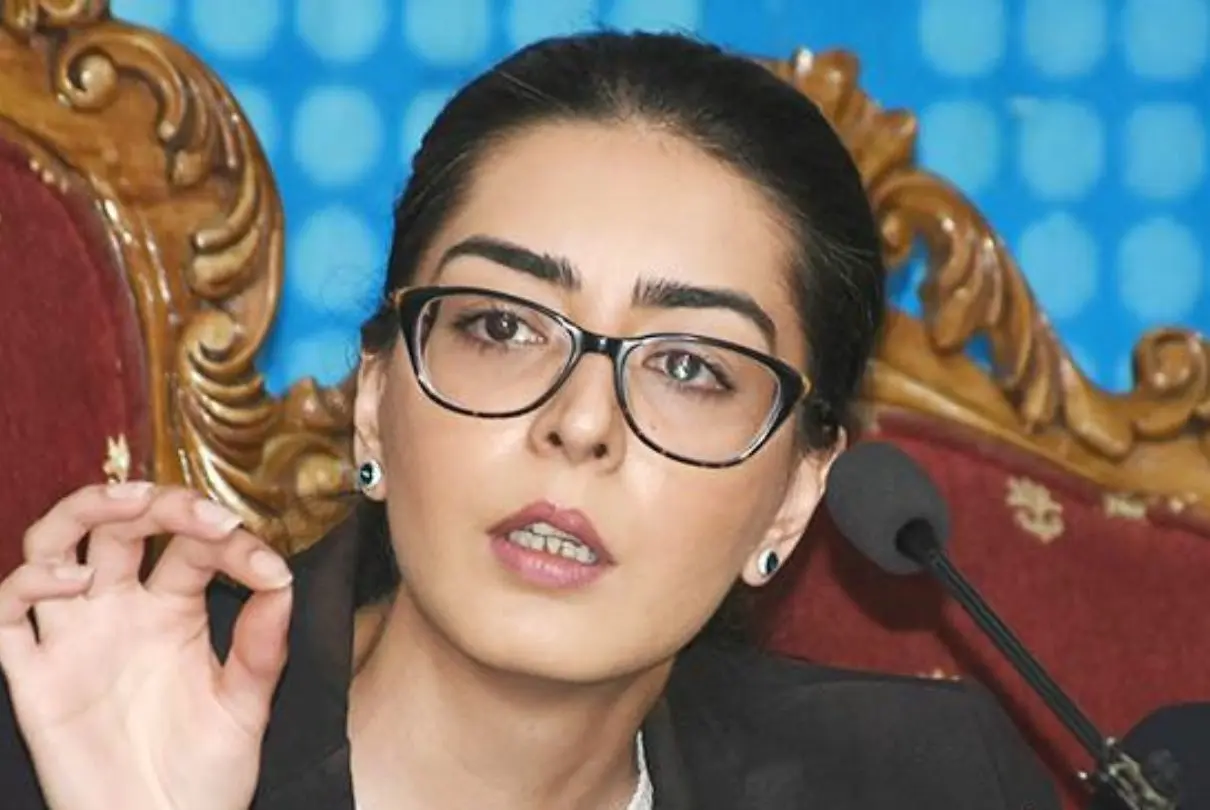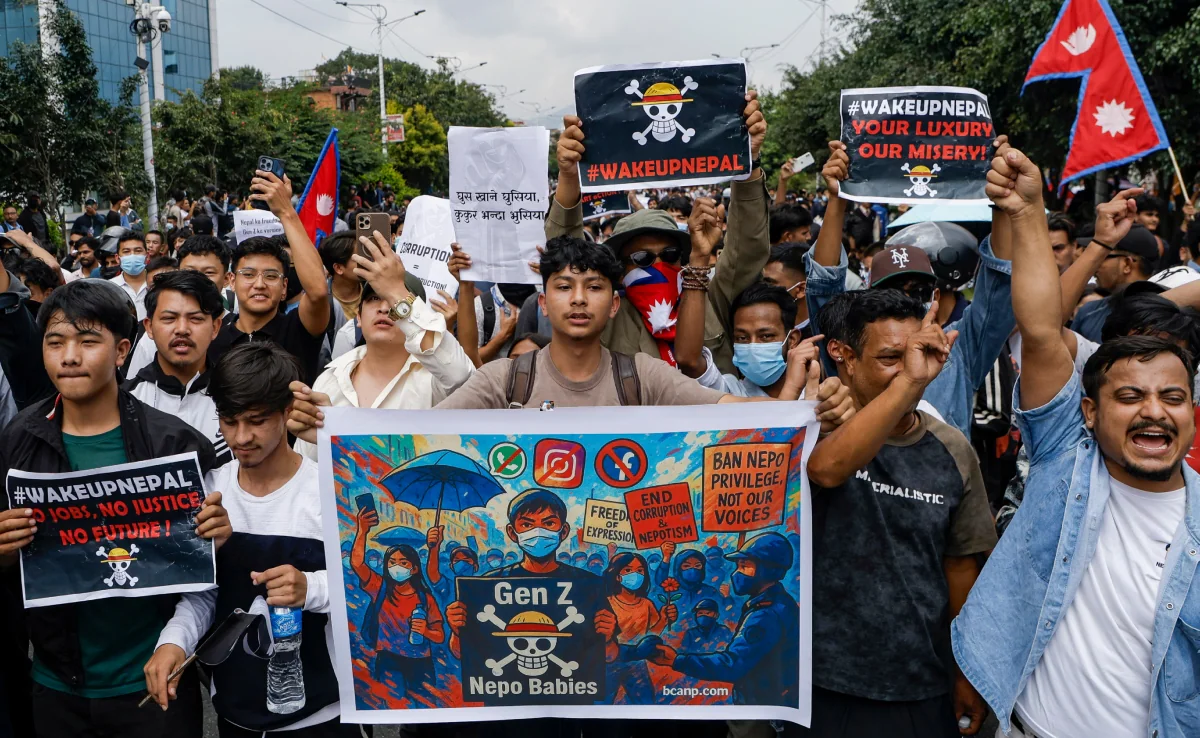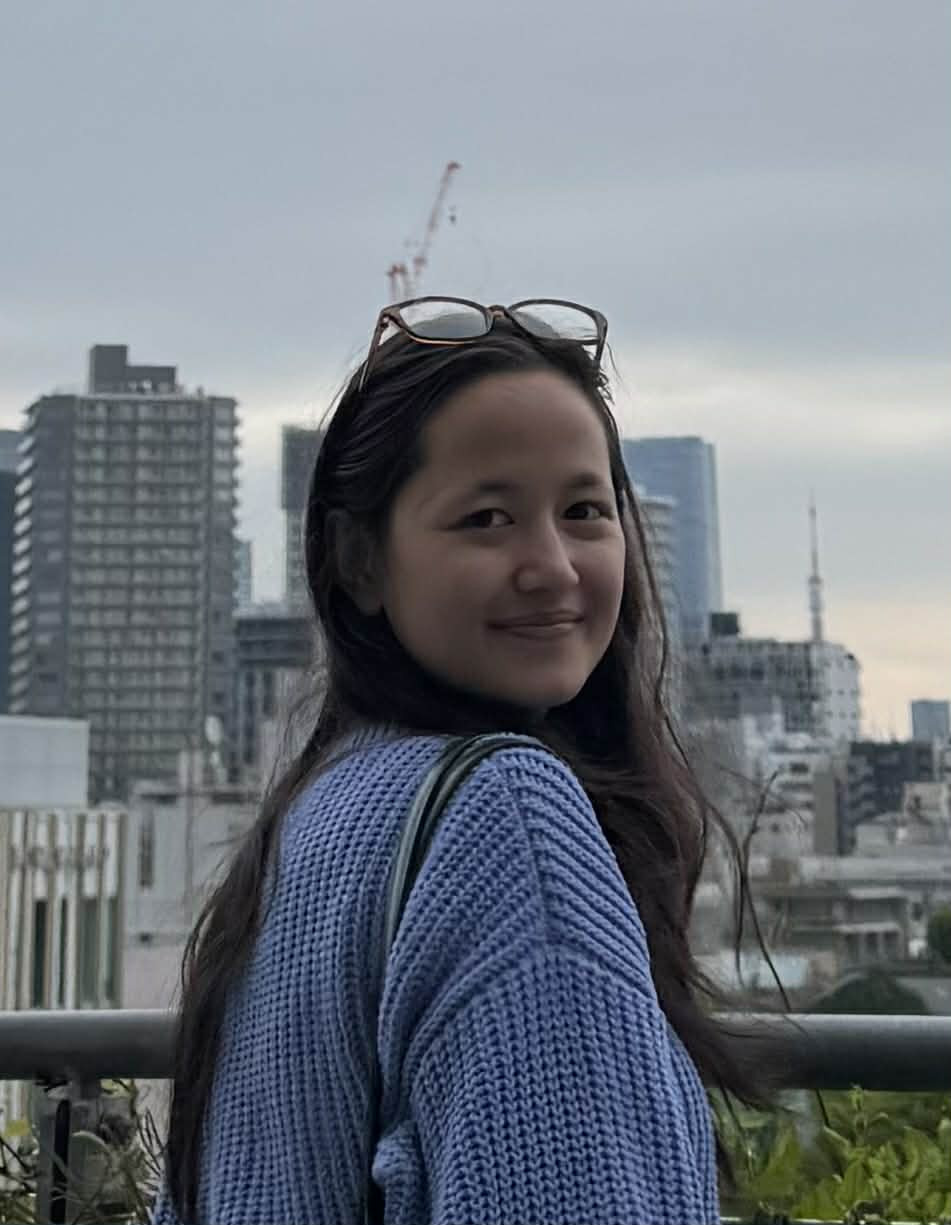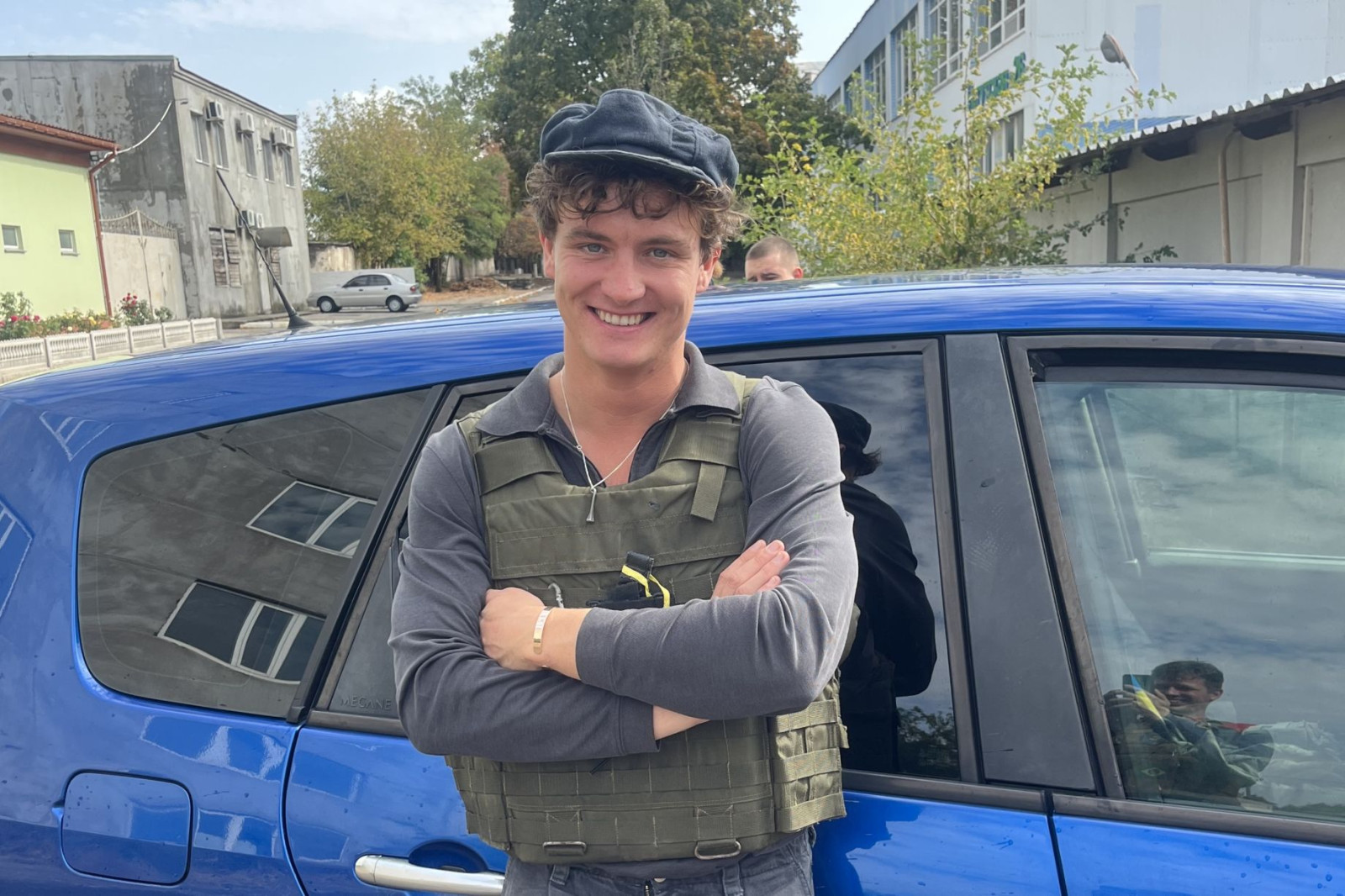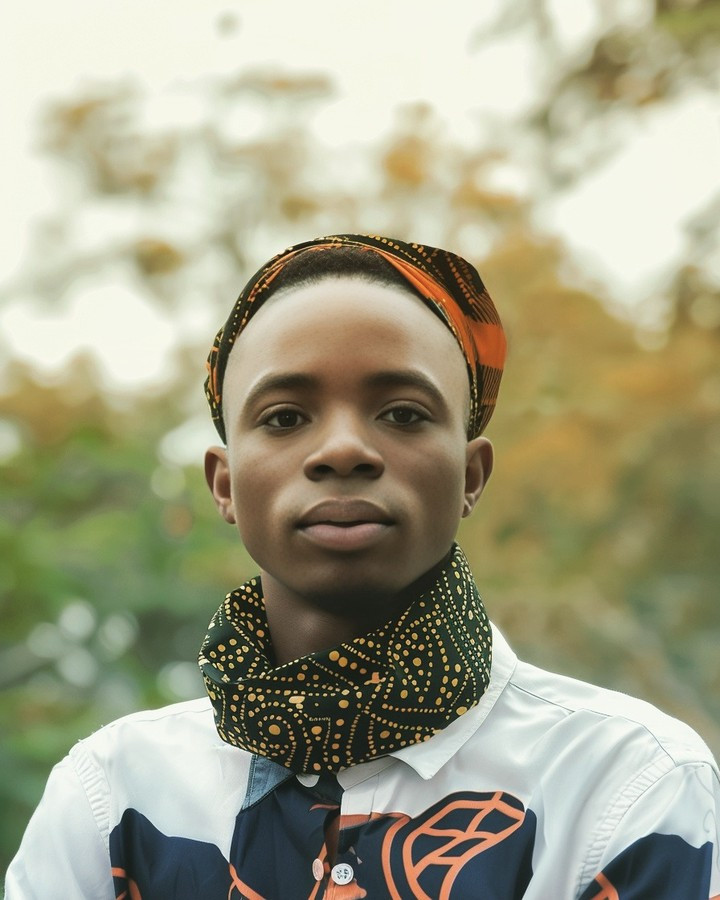I co-founded Awareness 360 in 2014 to empower young people to drive sustainable change in their communities. Our youth-led initiative in Dhaka, Bangladesh, soon became a dynamic network of changemakers. However, under the Awami League’s increasingly authoritarian rule, our vision faced intentional barriers.
For over a decade, the government has restricted civil society, suppressed dissent, and consolidated its influence. Despite multiple registration attempts, the National Security Intelligence consistently rejected our applications. An official later clarified that my grandfather’s history as an opposition political activist made both me and my organization appear politically undesirable. The situation was discouraging, as neither our group nor its members were involved in politics. Our sole aim was to help young people develop practical skills aligned with the United Nations Sustainable Development Goals.
We received no recognition, support, or collaboration from the government and were denied even basic banking access. Because we refused to align with the ruling party, we were excluded. Ultimately, we registered Awareness 360 abroad to continue our work.
Ironically, this necessity became our strength. Free from local restrictions, we expanded globally. Our fellowship now includes members from over 75 countries, including Afghanistan, Palestine, Yemen, and several African nations, where young people, especially women and girls, lead despite conflict and repression. One young woman from Kabul shared anonymously:
“Logging into your sessions from a place where even speaking can be dangerous makes me feel part of something bigger, a world that hasn’t given up on us.”
Authoritarianism at home fostered our global citizenship and expanded our impact. Yet, the same state that blocked us later showcased our international awards on official channels, implying support it never provided.
Nepotism and Favoritism: A Systemic Barrier
Our experience reflects a broader national reality. For over a decade, Bangladesh’s one-party regime enabled nepotism, favoritism, and patronage. Access to jobs, NGO registration, contracts, and university positions depended on political or family connections.
This issue gained national attention during the 2018 Quota Reform Movement, when students protested a longstanding system that reserved public sector jobs for favored groups. The slogan “Britti Noy, Merit Chai!” captured widespread generational frustration.
The government responded with force. Police used rubber bullets and tear gas, while ruling party cadres attacked demonstrators. Student leaders were abducted and labeled “anti-state.” Although the government briefly announced the end of the quota system, it quietly introduced new, equally opaque mechanisms. The message was clear: the nepotistic system would persist.
When the Youth Fought Back
By July 2024, years of censorship, corruption, unemployment, and injustice led to a historic uprising. Millions of young people, students, workers, and citizens took to the streets across Bangladesh to demand change.
The Awami League regime responded with violence, imposing internet blackouts and issuing shoot-on-sight orders. Security forces and militias opened fire on peaceful protesters, resulting in hundreds of deaths and thousands of injuries. The movement persisted.
By early August 2024, the regime collapsed and the prime minister fled. For the first time in decades, real democratic transition became possible.
Yet toppling a regime is far simpler than unraveling the deep-rooted webs it leaves behind. Over the past year, many elite groups have adapted to the new order. Despite promises of reform, nepotism and favoritism continue. Grassroots youth organizations still face barriers
to registration and funding, while groups with influential connections move forward easily. The faces changed, but the gatekeeping remained.
Intertwined Evils: Nepotism, Corruption, and Rights Violations
Nepotism is often seen as a cultural trait, but it is a structural enabler of corruption and rights violations. When power depends on family ties or political loyalty, meritocracy fails, corruption grows, and accountability declines.
In Bangladesh, nepotism has determined access to jobs, contracts, funding, and justice. It has discouraged a generation, convincing many that talent and effort are not enough. It has also enabled rights abuses: journalists exposing corruption were abducted, activists jailed under harsh laws, and student protesters brutalized. A system based on favoritism must silence dissent to remain in power.
Even after the uprising, nepotism undermines the promise of a freer future. If unchecked, it will erode democratic gains and perpetuate old inequalities under new leadership.
Beyond Borders: A Global Pattern of Youth Resistance
Bangladeshi youth are not alone. Across the globe, young people are standing up to entrenched elites, corruption, and authoritarianism in diverse and powerful ways. In Nepal (July 25, 2025), thousands of young protesters filled Kathmandu’s streets to oppose rampant corruption and a proposed social media ban. They faced live ammunition, with at least 22 killed, ultimately forcing the prime minister’s resignation and ending decades of elite power rotation. In Indonesia (August 2024), students rallied against proposed election law changes designed to benefit the president’s son, breaking down parliament gates and pressuring lawmakers to withdraw the proposal in a rare political setback for the ruling establishment. In the Philippines (September 2025), youth joined nationwide protests against a multibillion-peso corruption scandal involving top officials, including the president’s cousin, igniting a national debate on political dynasties. Meanwhile, in France (2023), young people played a central role in mass strikes against pension reforms pushed through without parliamentary approval, challenging not only the policy but also a culture of unaccountable governance. In Sri Lanka, youth were the driving force behind the 2022 Aragalaya movement, which toppled a powerful political dynasty through months of sustained peaceful protest, occupation of public spaces, and global solidarity. In Kenya, students and young professionals have repeatedly mobilized against tax hikes, corruption, and police brutality, most recently in 2024, when widespread youth-led demonstrations forced the government to
withdraw controversial finance bills. And in Syria, despite over a decade of devastating conflict, a new generation of young Syrians continues to organize in exile and within the country, using digital platforms and local networks to advocate for justice, accountability, and democratic rights, often at immense personal risk.
From Dhaka to Kathmandu, Jakarta to Paris, Colombo to Nairobi, and Damascus, the pattern is clear: our generation refuses to accept that power and privilege are reserved for a select few. Young people worldwide are boldly reshaping the very meaning of resistance as they confront powerful, long-standing systems.
What Can Be Done: A Collective Vision for Change
Anger alone cannot keep a movement going. Real change needs vision, strategy, and unity. Our challenges may be local, but the ways to solve them are often the same everywhere. In Bangladesh, we need to make our systems more transparent and fair by improving how people are recruited and how rules are made. Independent groups should handle NGO registration, public service jobs, and funding, with strong rules to prevent conflicts of interest and favoritism. Young people should move from just protesting to actually taking part in decision-making, joining advisory councils, committees, and budget meetings, so policies match their real needs. We also need clear laws to stop favoritism, protect whistleblowers, and make sure everything is transparent, with independent groups checking that these rules are followed. Our struggles go beyond borders, so building connections with young people in other countries through shared platforms, regional agreements, online campaigns, and learning from each other can make us stronger and stop those in power from dividing us. But real change also needs a shift in our culture. We have to say no to favoritism and practice fairness and inclusion in our own groups. These are not things I have already achieved, but goals I hope my generation will work toward together. We have already brought down a regime. Now we need to build systems that are strong enough to last.
Awareness 360’s journey shows that even in difficult times, new ideas can emerge. When our voices were quieted at home, we reached out to the world and found support on a global stage. This helped us feel connected beyond our own country, and our work made a bigger difference than we first thought possible.
But this story is bigger than just one group. All over the world, young people are standing up to old systems and calling for fairness, dignity, and justice. They are refusing to be confined by systems built to exclude them.
We do not see inclusion as something to be given to us, but as a right we all deserve. The path forward will be challenging. Still, real change happens when young people from different places and backgrounds work together for a fairer future.
